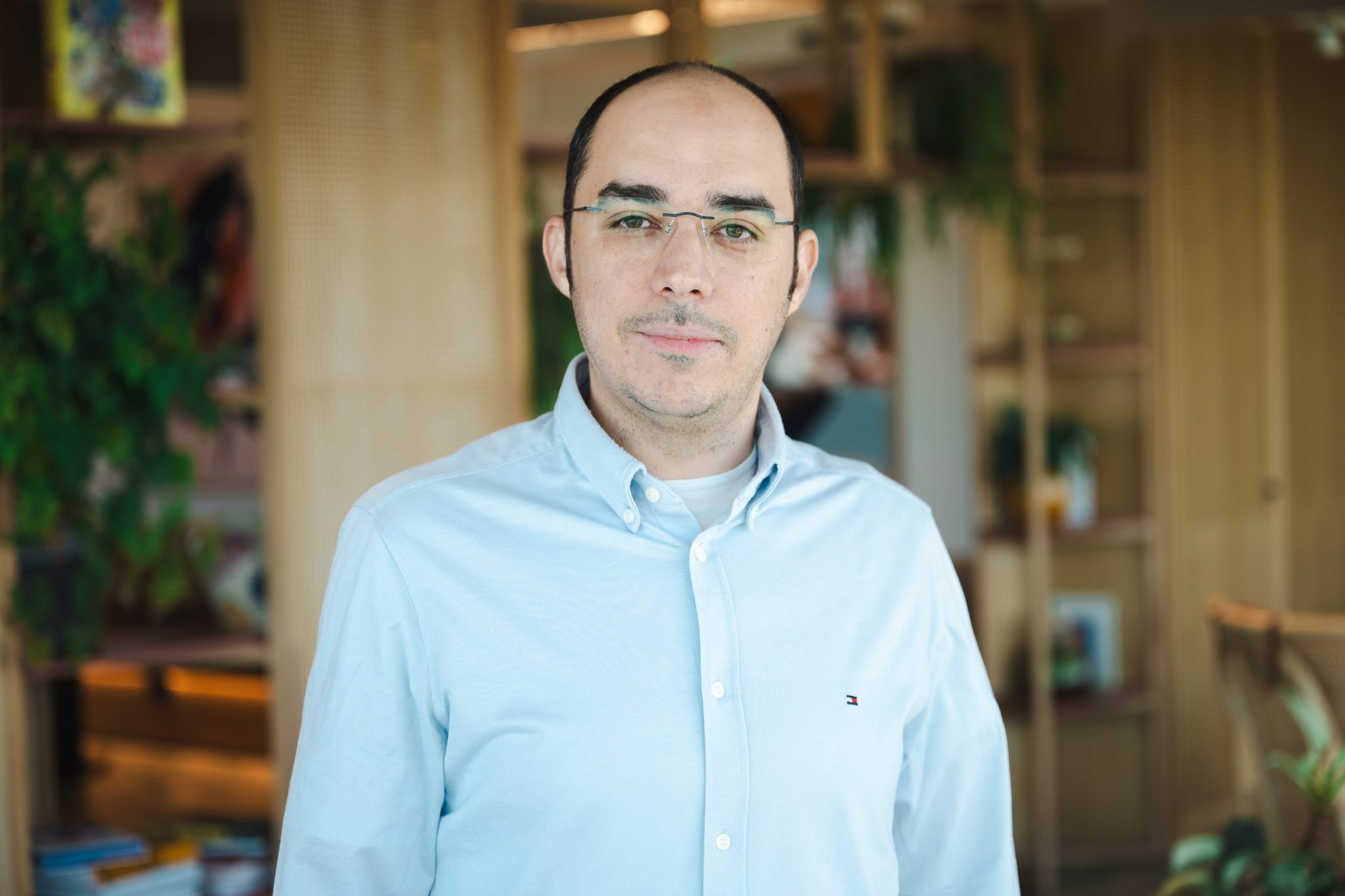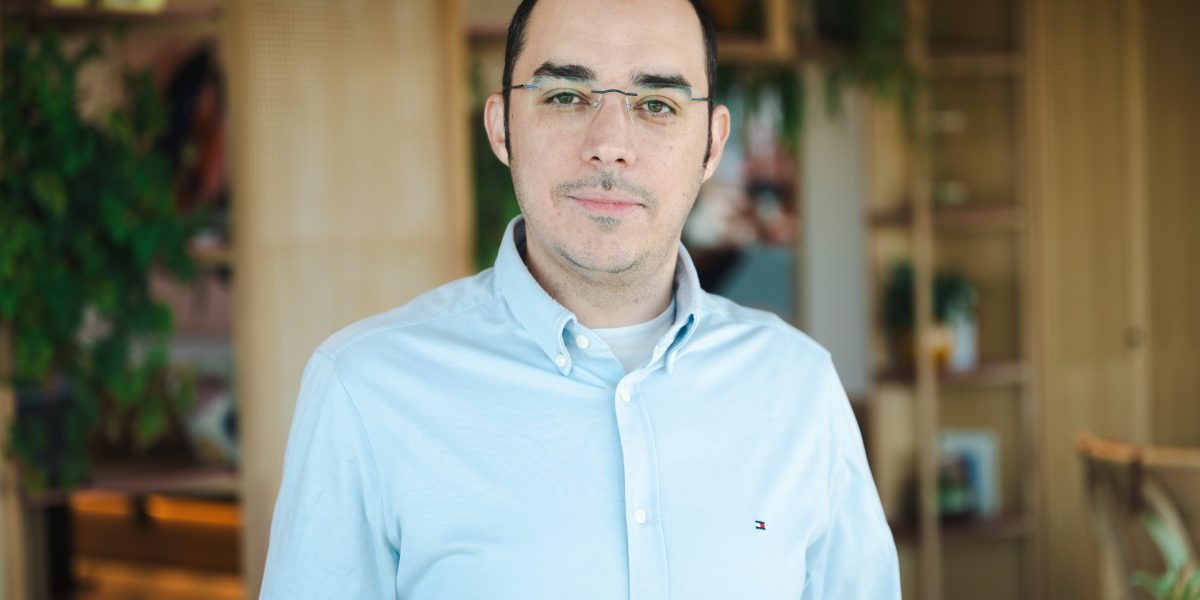
Two former Google DeepMind researchers who worked on the company’s Nobel Prize-winning AlphaFold protein structure prediction AI as well as its AlphaEvolve code generation system have launched a new company, with the mission of democratizing access to advanced algorithms.
The company, which is called Hiverge, emerged from stealth today with $5 million in seed funding, led by Flying Fish Ventures with participation from Ahren Innovation Capital and Alpha Intelligence Capital. Legendary coder and Google chief scientist Jeff Dean is also an investor in the startup.
The company has built a platform it calls “Hive” that uses AI to generate and test novel algorithms to run vital business processes—everything from product recommendations to delivery routing— automatically optimizing them. While large companies that can afford to employ their own data science and machine learning teams do sometimes develop bespoke algorithms, this capability has been out of the reach of most medium and small businesses. Smaller firms have often had to rely on off-the-shelf software that comes with pre-built algorithms that may not be ideally suited for that particular business and its data.
The Hive system also promises the potential to discover unusual algorithms that may produce superior results that human data scientists might never be able to develop through intuition or trial-and-error, Alhussein Fawzi, the company’s cofounder and CEO told Fortune. “The idea behind Hiverge is really to empower those companies with the best, best-in-class algorithms,” he said.
“You can apply [the Hive] to machine learning algorithms, and then you can apply it to planning algorithms,” Fawzi explained. “These are the two things that are, in terms of algorithms, quite different, yet it actually improves on both of them.”
At Google DeepMind, Fawzi had led the team that in 2022 developed its AlphaTensor AI, which discovered new ways to do matrix multiplication, a fundamental mathematical process for training and running neural networks and many other computer applications. The following year, Fawzi and the team developed FunSearch, a method that used large language models to generate new coding approaches and then used an automated evaluator to weed out erroneous solutions.
He also worked on the early stages of what became Google DeepMind’s AlphaEvolve system, which uses several LLMs working together as agents to create entire new code bases for solving complex problems. Google has credited AlphaEvolve with finding ways to optimize its LLMs. For instance, it found a way to improve on the way Gemini does matrix multiplication to deliver a 23% speed-up; it also optimized another key step in the way Transformers, the kind of AI architecture on which LLMs are based, work, boosting speeds by 32%.
Cofounding Hiverge with him is his brother Hamza Fawzi, a professor of applied mathematics at the University of Cambridge, who is serving as a technical advisor to the company; and Bernardino Romera-Paredes, who was part of the Google DeepMind team that created AlphaFold and who is now Hiverge’s chief technology officer.
Hiverge has already demonstrated the utility of its Hive system by using it to win the Airbus Beluga Challenge, which calls on contestants to find the most optimal way of loading and storage of aircraft parts that are carried by an Airbus Beluga XL aircraft. The solution developed by Hiverge delivered a 10,000-times speed-up over the existing aircraft-loading algorithm. The company also showed that it could take a machine learning training algorithm that was already optimized and speed it up by another three times. And it has found novel ways to improve computer vision algorithms.
Alhussein Fawzi said that Hiverge, based in Cambridge, England, currently has six employees but that it would use the money raised in its latest funding round to expand its team. “We will also transition from research to building out our product,” he said.
The company plans to make its technology accessible through cloud marketplaces like AWS and Google Cloud, where customers can directly use the system on their own code. The platform analyzes which parts of code represent bottlenecks, generates improved algorithms, and provides recommendations to engineers.









Leave feedback about this